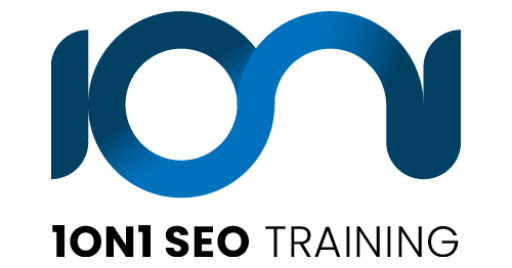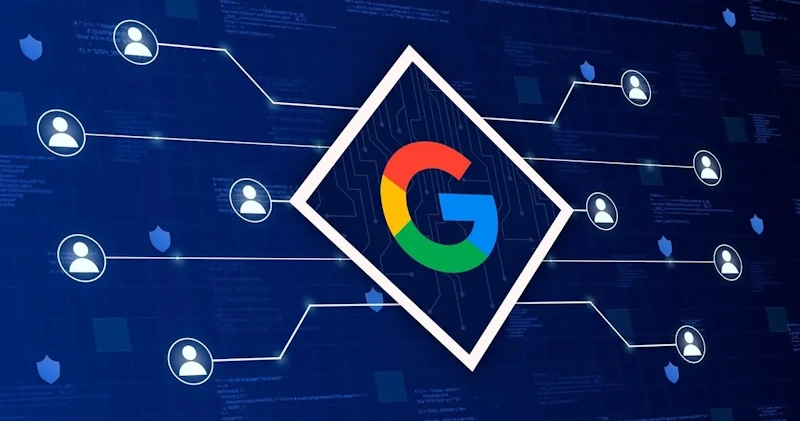In the ever-evolving digital marketing and e-commerce landscape, staying updated with Google's algorithm updates is essential for businesses aiming to maintain their online visibility and drive organic traffic.
Google's algorithm updates dictate how websites are ranked in search engine results, making them a crucial aspect of optimization strategies.
This article will explore the most recent Google algorithm updates, their impact on SEO, and their implications for digital marketing and e-commerce. By understanding these updates, businesses can adapt their online strategies to remain competitive and enhance their digital presence.
What is the Importance of Google Algorithm Updates?
Google's algorithm updates are designed to improve the quality and relevance of search results for users. They aim to ensure that websites providing valuable content and adhering to best practices are rewarded with higher rankings. However, these updates can also introduce challenges for businesses that rely on SEO to drive organic traffic and achieve online success. Staying informed about these updates allows businesses to make informed decisions and adjust their SEO strategies accordingly.
What Are Recent Google Algorithm Updates?
Core Updates
Google's core updates are broad algorithmic changes that impact search results across various industries and niches. These updates aim to improve the overall search experience by reassessing website content quality, user experience, and relevance to search queries. Websites might experience fluctuations in rankings and organic traffic following core updates. To mitigate adverse impacts, businesses should create high-quality, authoritative content, optimize user experience, and adhere to SEO best practices.
Page Experience Update
Launched in June 2021, the Page Experience update prioritizes websites that offer exceptional user experiences. Factors such as page load speed, mobile-friendliness, safe browsing, and intrusive interstitials are now crucial ranking considerations. To optimize for this update, businesses should improve website speed, and mobile optimization, implement secure browsing protocols (HTTPS), and minimize intrusive pop-ups.
Mobile-First Indexing
As mobile internet usage grows, Google indexes and ranks websites based on their mobile versions. This means having a responsive, mobile-friendly website is crucial for maintaining search visibility. Businesses should prioritize mobile optimization, ensure consistent content across desktop and mobile versions, and utilize responsive design principles.
BERT Update
BERT (Bidirectional Encoder Representations from Transformers) is an algorithm update that improves Google's understanding of natural language and contextual search queries. BERT enables Google to interpret user intent better and deliver more relevant search results. To adapt to the BERT update, businesses should create high-quality, informative content that answers user queries directly and naturally.
E-A-T and YMYL
Expertise, Authoritativeness, Trustworthiness (E-A-T), and Your Money or Your Life (YMYL) are essential considerations for websites offering sensitive content, such as health, finance, or legal advice. Google places high importance on E-A-T and YMYL factors to ensure users receive reliable and trustworthy information. Businesses in these spaces should establish expertise, showcase authoritativeness through credentials, and prioritize transparent and accurate content.
Passage Indexing
Introduced in 2020, the Passage Indexing update allows Google to understand and rank specific passages within more protracted pieces of content. This update benefits websites that provide in-depth, comprehensive information on specific topics. To optimize for passage indexing, businesses should create well-structured content, use relevant headers and subheadings, and focus on addressing specific user queries within their content.
What Are the Implications of Google Algorithm Updates for Digital Marketing and E-commerce?
The latest Google algorithm updates have significant implications for digital marketing and e-commerce strategies:
Content Strategy
With an emphasis on high-quality, relevant content, businesses must invest in creating informative, engaging, and unique content that addresses user intent. Valuable content can help improve organic rankings, increase website traffic, and establish brand authority.
User Experience Optimization
Prioritizing user experience elements, such as website speed, mobile optimization, and intuitive navigation, is crucial. Enhanced user experiences can lead to higher engagement, longer session durations, and increased conversion rates.
Technical SEO
Staying on top of technical SEO aspects, such as structured data markup, XML sitemaps, and crawlability, is essential. These optimizations help search engines understand website content better, leading to improved visibility in search results.
Local SEO
Local SEO strategies become even more critical for businesses with a physical presence. Optimizing Google My Business profiles, local citations, and obtaining positive reviews can help improve local search rankings and attract geographically targeted customers.
Voice Search Optimization
As voice search continues to grow, businesses should optimize their content to align with natural language queries. Incorporating long-tail keywords and conversational phrases can help capture voice search traffic.
E-commerce Optimization
E-commerce websites must optimize product pages, enhance user experience, implement structured data for rich snippets, and improve site speed to provide a seamless shopping experience. Additionally, prioritizing customer reviews, offering personalized recommendations, and optimizing product descriptions can boost conversion rates.
User Engagement Signals
Google's algorithms increasingly consider user engagement signals to measure website quality and relevance. Metrics like bounce rate, time on page, and click-through rates can influence search rankings. Businesses should create compelling, engaging content that encourages users to stay on their website, interact with the content, and explore further.
Social Media Signals
While Google has stated that social media signals do not directly impact search rankings, a solid presence can indirectly benefit SEO efforts. Social media platforms can drive website traffic, increase brand visibility, and generate backlinks from authoritative sources. Additionally, social signals can contribute to brand credibility and online reputation, indirectly influencing search rankings.
Video and Visual Content Optimization
With the rise of video content consumption, optimizing videos for search engines has become increasingly important. Implementing video schema markup, providing accurate video transcripts, and optimizing video titles and descriptions can enhance visibility in search results and attract users. Similarly, optimizing visual content like images with relevant alt tags and descriptive filenames can improve accessibility and search engine visibility.
Key Takeaways
Staying informed about the latest Google algorithm updates is crucial for digital marketing and e-commerce businesses. By understanding the impact of these updates, businesses can adapt their SEO strategies, enhance their online presence, and maintain a competitive edge.
From creating high-quality content to optimizing user experiences and technical SEO, businesses must prioritize delivering value to users while aligning with Google's evolving search algorithms.
By embracing these changes, businesses can navigate the dynamic digital landscape and drive organic traffic, visibility, and conversions in the ever-changing world of SEO and digital marketing.
Are you ready to take your SEO and digital marketing strategy to the next level? Schedule a call with Bruce Jones of 1On1 SEO Training today!




